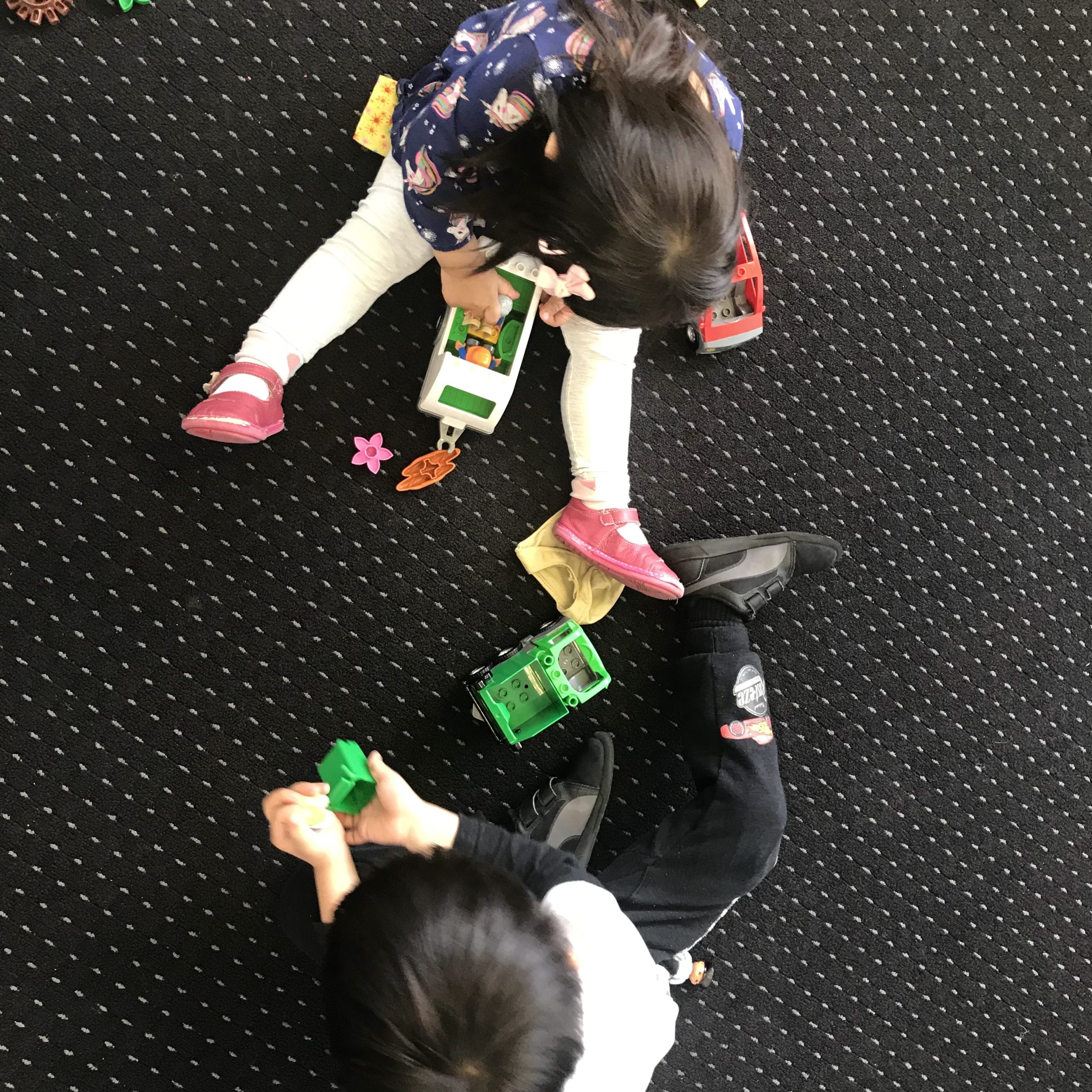
Understanding Motor Delays in 1-Year-Olds: How Occupational Therapy Can Help
Motor skills play a vital role in your child’s development. They enable children to move, explore, and perform daily activities. By the age of one, most children begin to develop key fine and gross motor skills. However, some children may face motor delays, meaning they don’t meet typical milestones. Recognising these delays and understanding how to support your child is essential. Here’s what you need to know about motor delays in 1-year-olds and how Occupational Therapy in Bondi Junction and Mascot can help.
What Is Motor Delay?
Motor delay occurs when a child does not reach expected milestones for motor development. Motor skills are divided into:
- Gross Motor Skills: Involving large muscle movements like crawling, walking, and sitting.
- Fine Motor Skills: Involving smaller, more precise movements, such as grasping objects, holding a spoon, and pointing.
A motor delay means that a child takes longer than expected to develop these crucial skills.
Typical Motor Milestones for 1-Year-Olds
By the age of one, many children achieve the following milestones:
- Gross Motor Skills:
- Sitting Up: Most children can sit without support.
- Crawling: Many start crawling between 6 and 10 months.
- Standing: Most children can stand with or without support by their first birthday.
- Walking: Some children take their first steps around their first birthday.
- Fine Motor Skills:
- Grasping Objects: By one year, children use a pincer grasp (thumb and forefinger) to pick up small objects.
- Feeding Themselves: They begin to feed themselves with their fingers and may show interest in using a spoon.
- Pointing: Many children point to objects they find interesting or want.
Signs of Motor Delay
Motor delays may present in several ways. Common signs of motor delay in 1-year-olds include:
- Not Sitting Independently: A child unable to sit without support by age one may show signs of motor delay.
- Not Crawling or Rolling Over: If your child isn’t crawling, scooting, or rolling to move, this could indicate a delay.
- Difficulty Standing: A lack of interest or ability to stand with support may signal motor delay.
- Not Using Hands Effectively: Struggling to pick up small objects or not using both hands equally could be a sign of fine motor delay.
- Lack of Coordination: Clumsy or uncoordinated movements may indicate motor delay.
Causes of Motor Delay
Several factors can contribute to motor delays, including:
- Premature Birth: Premature babies may develop motor skills later than full-term peers.
- Genetic Conditions: Disorders like Down syndrome can affect motor development.
- Neurological Disorders: Conditions such as cerebral palsy can lead to motor delays.
- Muscle Disorders: Problems with muscle tone or strength can affect motor skills.
- Limited Opportunities: Lack of physical activity or exploration can contribute to delays in motor development.
How to Support a Child with Motor Delay
If you notice signs of motor delay in your child, there are many ways you can support their development:
- Encourage Movement: Provide a safe space where your child can move, crawl, and explore freely.
- Tummy Time: Encourage tummy time to strengthen neck, shoulder, and arm muscles.
- Use Engaging Toys: Offer toys that encourage reaching, grasping, and crawling. Toys that light up or make noise can help engage your child.
- Play Movement Games: Games like pat-a-cake or peek-a-boo can help develop both gross and fine motor skills.
- Practice Standing and Walking: Help your child practice standing by supporting them or using furniture to hold onto.
- Improve Fine Motor Skills: Offer small objects or toys that require grasping and manipulation, such as blocks or playdough.
- Positive Reinforcement: Celebrate your child’s progress and efforts, encouraging them to continue.
When to Seek Professional Help
If you suspect motor delay in your 1-year-old, it’s essential to consult a paediatrician. Early intervention is crucial in helping children catch up with their peers. The paediatrician may refer you to an Occupational Therapist in Bondi Junction or Mascot for a full assessment and support plan tailored to your child’s needs.
Conclusion
Motor delays in 1-year-old children can be concerning, but with the right support and early intervention, children can make significant progress. Recognising the signs of delay and engaging in activities that promote motor development are key. If you are worried about your child’s motor skills, seeking professional advice is crucial. With the right strategies and support, your child can thrive.
We’re Here to Support You
At OneOnOne Children’s Therapy, we believe every child deserves the opportunity to grow and thrive. Our experienced Occupational Therapists in Bondi Junction and Mascot provide comprehensive support tailored to your child’s individual needs. Our OT’s are proud registered members of AHPRA.
Reach Out for Support
If you’re concerned about your child’s motor development or want to learn how Occupational Therapy can help, we’re here to assist. Our Bondi Junction and Mascot clinics offer tailored therapy solutions designed to help your child reach their full potential.
Call us on (02) 8065 7837 or send us an email to schedule a consultation. You can also book a phone consultation with one of our experienced Occupational Therapists to discuss your child’s unique journey.
